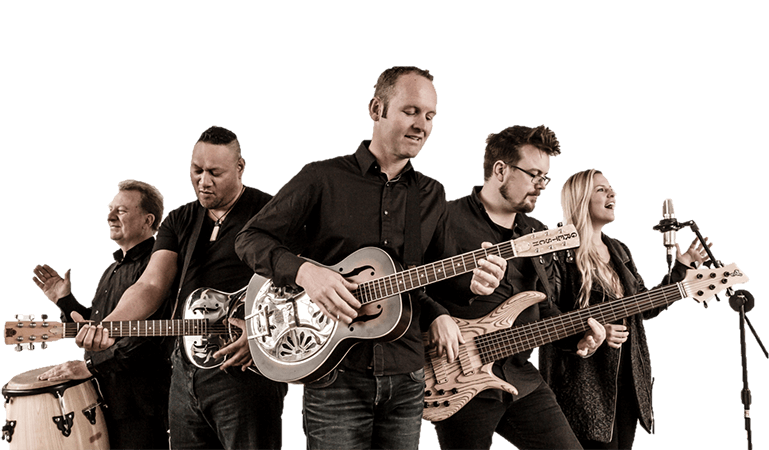Psalm 45 was originally composed on the occasion of a wedding for Solomon but it is also, significantly, a messianic psalm. It is quoted in Hebrews 1:8-9 where the words are applied to Jesus. The kingship that this psalm speaks of is not just a human kingship but a divine kingship. In fact the throne of Israel itself was a messianic symbol. The kings of Judah were ‘types’ of the coming Messiah. And therefore there is a very real sense in which this may be read as a psalm about Jesus though it is important to see the original setting so as to appreciate what prophetic significance it may indeed have. A royal wedding was an occasion which focused upon the king. God had blessed Solomon with great wisdom, influence and riches and these occasions were a reminder of that gracious outpouring. We should not think of this psalm as some kind of poetic flattery nor should we think of the king in this occasion as necessarily boastful. In these times the measure of God’s blessing was manifest in the extent to which Israel prospered in every way. The glory of Zion, of the temple, of the king and of the nation was also the glorification of God. This is reflected in those psalms which sing about the glory of Jerusalem (Psalm 48, 84) and this is the idea behind this psalm as well as psalm 72. In times of famine, oppression, and hardship when Israel was humbled the prayers of the saints always appealed to the fact that God’s glory was at stake in the humiliation of Israel. This is a somewhat undeveloped notion and indeed the prophets would qualify this (psalm 73 also shows a maturing understanding) but at this stage at least, the people understood that the glory of the throne of Israel reflected the glory of God to the world. In this time God’s glory does not depend on any earthly throne. However it is reflected directly in the glory of the messianic throne to which this psalm implicitly and explicitly (in verse 6) refers. The glory of the Messiah is the very glory of God himself and to praise the Messiah is to praise God. This is what takes place here.
When the psalm speaks of the bride adorned in gold we might think of the way in which Jesus and the apostle Paul referred to the church as the bride of Christ. The picture here is of a momentous occasion. Indeed the aloes, cassia and myrrh, were only worn on the most significant of occasions. The music of strings speaks of great celebration. One cannot help but think of the great wedding feast that Jesus spoke of; a time when the people of God will be eternally wed to their Lord. The garments of gold, the ivory palaces, the beauty the gifts and the sheer glory that is described in this psalm is a wonderful reminder of what we await: the wedding of all weddings. The Psalm ends on a note of eternal praise. This union will result in the glorification of God.
